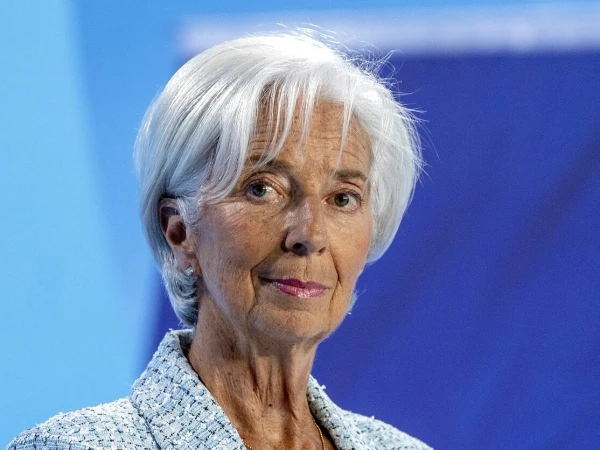
The transition to the euro may lead to a short-term increase in inflation in Bulgaria at the beginning of 2026, but this impact will quickly fade, and the benefits will be much greater, said European Central Bank President Christine Lagarde.
About half of the Bulgarian population is still opposed to the introduction of the euro, fearing a loss of sovereignty and potential abuses by traders during the currency change.
"This concern is quite justified," said Lagarde at a conference in Sofia.
"Changing the currency can lead to a temporary increase in inflation when companies round prices during conversion," she acknowledged.
In September, inflation in Bulgaria was 4.1%, one of the highest rates in the European Union.
According to Lagarde, the inflation spike due to the transition to the euro in the past ranged from 0.2 to 0.4 percentage points. In Croatia, which is the latest to join the eurozone, this figure was 0.4 p.p.
She emphasized that public concerns will diminish once the benefits of the euro become evident. These include zero costs for currency conversion when exporting to Europe (small and medium-sized businesses will save about one billion levs annually), cheaper loans, and better access to European capital markets.
It is worth noting that on January 1, 2002, 12 European countries switched to a single currency – the euro. Since then, eight more countries have joined: Slovenia (2007), Cyprus and Malta (2008), Slovakia (2009), Estonia (2011), Latvia (2014), Lithuania (2015), and Croatia (2023).
Several other countries use the euro by bilateral agreement (Andorra, Vatican City, Monaco, San Marino) or unilaterally (Kosovo, Montenegro).












